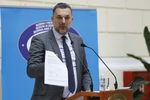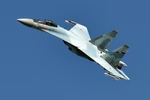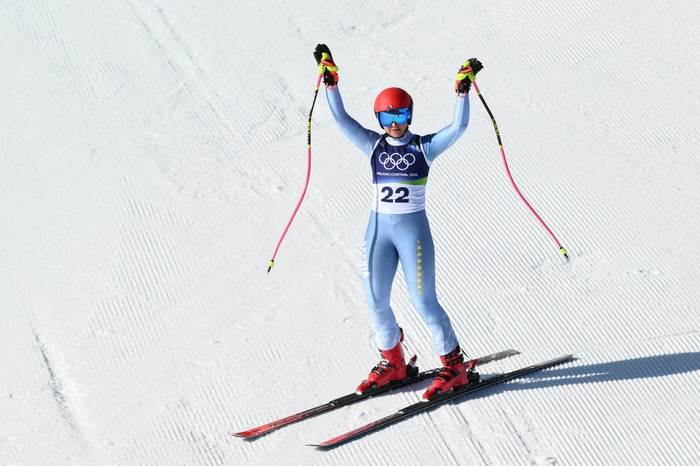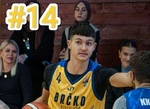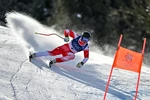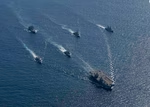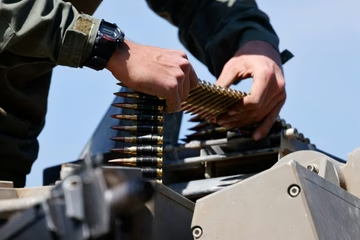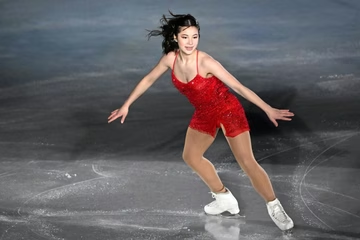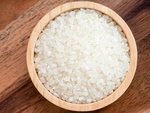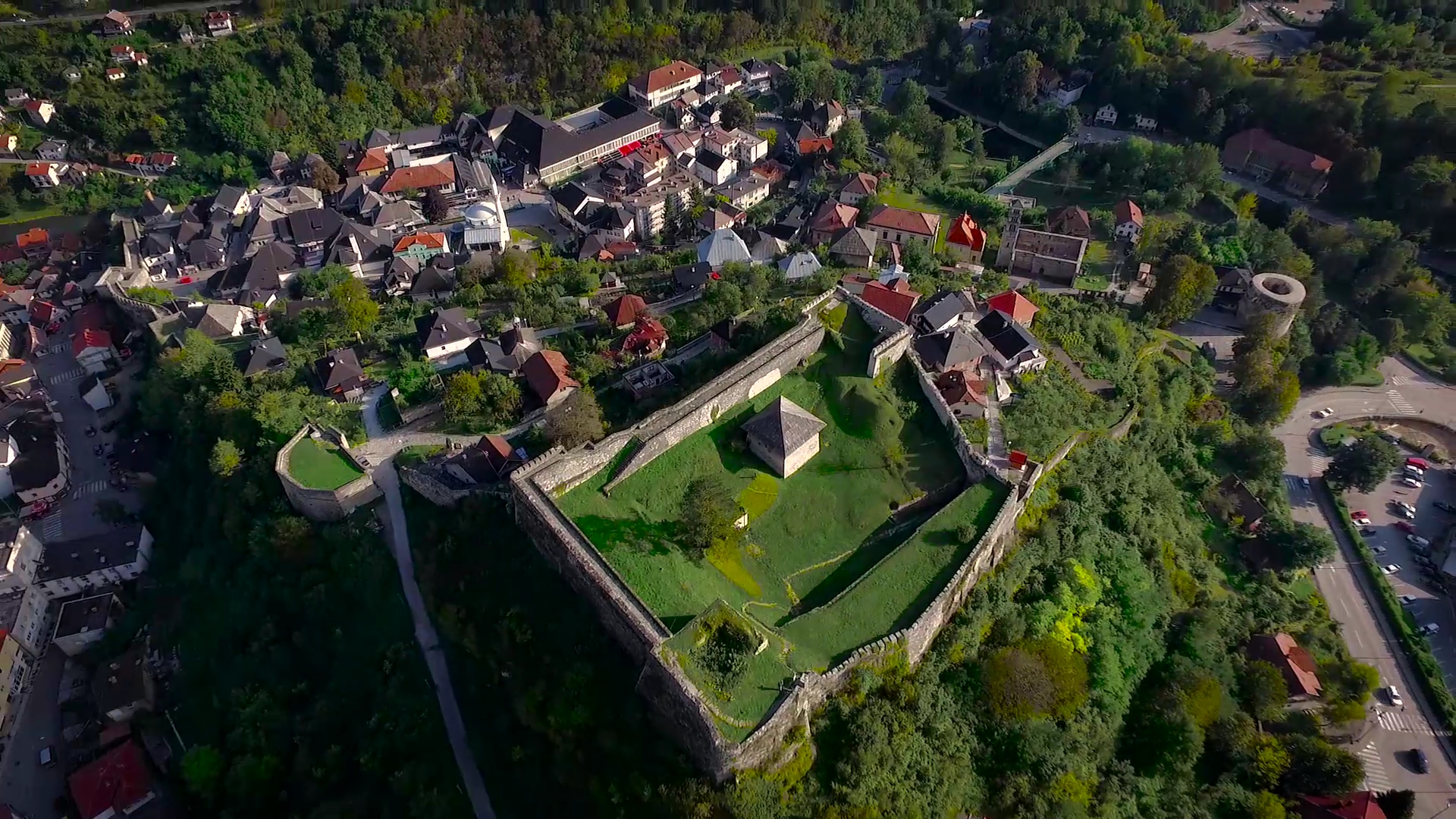
Representatives of veteran associations, who once waged a war, visited on Tuesday the sites of suffering and memorials in the central town of Jajce, honouring the 1992-95 war victims of all major groups in Bosnia, Bosniaks, Serbs and Croats.
“We have to face the past and look towards the future, we have to create a better future for our children. I personally support this, I hope that majority of those who were in the war now believe that this is the path we have to follow,” said Darko Samardzic, a representative of the Hvidra association, which gathers the former Croat soldiers.
“We paid a visit to the sites where the youth left their lives and while I'm standing in front of any of those memorials all I can say is that I feel sad for those lives and that I hope something like this will happen never again,” he said.
Alongside the Croat veterans were the representatives of what was called during the early 1990s the Army of the Republic of Bosnia and Herzegovina (RBiH), ex-Yugoslav People's Army and the ex-Yugoslav Army.
The gathering was initiated by activists of the Centre for Nonviolent Action (CNA) in cooperation with the Jajce-based Association of Disabled Veterans, Hvidra association and the Association of Veterans.
“We came to Jajce to pay a visit to the memorials and sites of suffering, and to pay respects to all victims. About 40 of us, war veterans found the courage to face everything that the war was about, all the sufferings and our role in the war. Unfortunately, we can't go back to the past and change things, but we feel the urge and responsibility to work so that war is not an option ever again,” said Bosnian Army veteran Adnan Hasanbegovic, who is also a CNA activist.
Central memorials honouring the fallen soldiers of the Croat Defence Council (HVO) and the RBiH Army, unmarked site of suffering of the Serb civilians in Bravnice village, a memorial to Bosniak civilians in Jezero Municipality as well as a memorial to the fallen soldiers of the Croatian Army soldiers near the Plivsko Lake and the HVO soldiers in Canino Polje were among the sites that the veterans and activists visited on Tuesday.
Nadezda Jankovic, who survived the attack on the Serb civilians in Bravnice, said nobody has faced the justice for this crime. She was in the convoy that was leaving the central town of Donji Vakuf, when the attack happened.
“There were only civilians in the convoy, and according to the information we have, the Croatian Army units are responsible for the attack. We call for the processing of those who are responsible, we're not blaming the whole people and we always say that local HVO soldiers were the first ones to help us and take the injured to hospital,” said Jankovic.
To date, the site of suffering in Bravnice was never marked as such.
Nazif Kahric, a wartime member of the RBiH Army, welcomed the veterans as one of the hosts from Jajce.
“We live together here today. I am glad to have a chance to meet the veterans from the region and tell them about the suffering of Jajce and about our return to this town. I think that the situation would significantly improve and some tensions calm down with more often and more intense communication among veteran associations in Jajce and wider. It is important to start talking with others,” said Kahric.
The CNA activists have been organising since 2008 the gatherings of war veterans from Croatia, Serbia and Bosnia and their visits to the sites of sufferings, both of civilians and soldiers.
Joint activities of former enemies in paying respects to all victims are contributing to the trust-building but it also sends a symbolic and strong message of reconciliation, the CNA said.
Kakvo je tvoje mišljenje o ovome?
Učestvuj u diskusiji ili pročitaj komentare





 Srbija
Srbija
 Hrvatska
Hrvatska
 Slovenija
Slovenija












